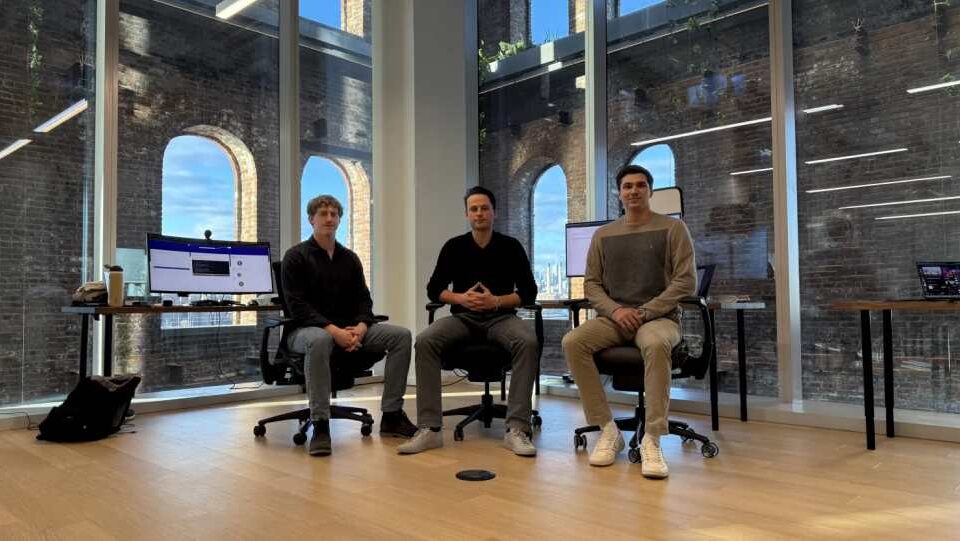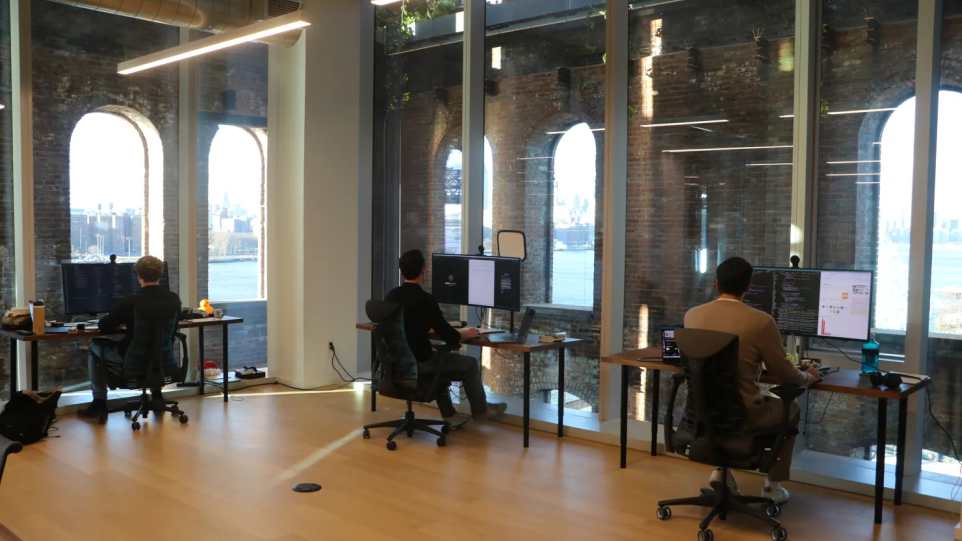From sugar factory to startup: Merit Systems raises $10M to reward open-source developers

Rewarding open-source developers has long been a challenge in the software industry. While open-source projects power the vast majority of the apps we use daily, the creators behind these efforts rarely receive recognition or financial rewards for their work.
For Sam Ragsdale, Ryan Sproule, and Mason Hall, this imbalance sparked an idea: What if there were a way to fairly attribute and compensate contributors based on the value they create? Five months ago, the trio transformed 3,000 square feet of Brooklyn’s historic Domino Sugar Refinery into the headquarters of Merit Systems, a new tech startup on a mission to address this problem.
The startup just closed a $10 million seed funding round, co-led by Andreessen Horowitz’s crypto fund and Blockchain Capital, aiming to tackle what they call the “attribution problem” in open-source software, CNBC reported. The latest funding brings the company’s total valuation to $55.5 million.
Sproule, Merit’s CTO, summed up the issue: “Because the price is zero, and there is no attribution to the people that created it, there is not a very sustainable set of economics to keep it alive.”
Open-source projects, which drive over 97% of the apps we use daily, often rely on contributions from both tech giants and individual programmers. Yet, there’s little structure to recognize or compensate these contributors directly.
Ragsdale, Merit’s CEO, brings years of experience from Andreessen Horowitz and Google to the effort. His vision is to develop a protocol that fairly attributes contributions and enables direct payment to developers. Chris Dixon, managing partner of Andreessen’s crypto fund, echoed this need, calling open source “poorly funded and too reliant on altruistic contributions.”
A Brooklyn Landmark Meets Modern Innovation

Merit Systems co-founders Ryan Sproule, Sam Ragsdale, and Mason Hall coding in their Brooklyn office. (Credit: Sam Ragsdale)
Merit’s base of operations is as compelling as its mission. The Domino Sugar Refinery, perched on the East River, has undergone a remarkable transformation from an industrial relic into a modern workspace. The Merit team is surrounded by remnants of its rich history, from original brickwork to sweeping views of the Manhattan skyline.
Inside their modest office, whiteboards scrawled with equations and 3D printers producing prototype logos signal the early-stage hustle. “We’re definitely not using all 3,000 square feet,” Ragsdale said with a laugh. The company plans to expand its small team with seven new hires, prioritizing an in-person work culture. “The idea flow between people when you’re sitting next to them is really important,” Sproule added.
Building a Sustainable Model for Open Source
Merit’s solution focuses on bridging the gap between software creators and users. By solving the attribution problem, the team envisions a system where developers are compensated directly for the value they create. This approach could shift how open-source contributions are valued, offering an alternative to the current reliance on goodwill.
The startup is still in its early days, with most current users being friends and colleagues of the founders. A broader release is planned by the end of February, following feedback from testers.
As Merit works to reshape the economics of open source, its founders are embracing the spirit of their workspace—a blend of history, innovation, and grit. Ragsdale describes the company’s name, Merit Systems, as a nod to an era when names reflected straightforward purpose. For a startup aiming to make open-source contributions sustainable, it feels like a fitting choice.
Whether this small team in a historic sugar factory can rewrite the playbook for open-source funding remains to be seen, but their vision and $10 million in backing suggest it’s a challenge worth watching.




